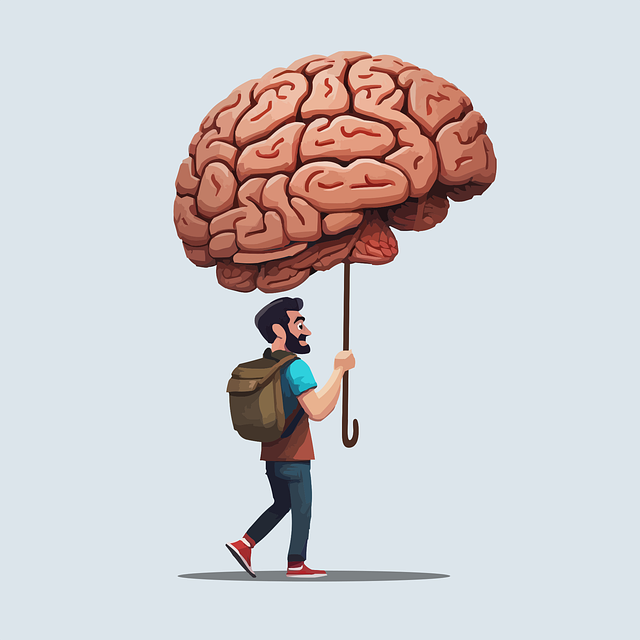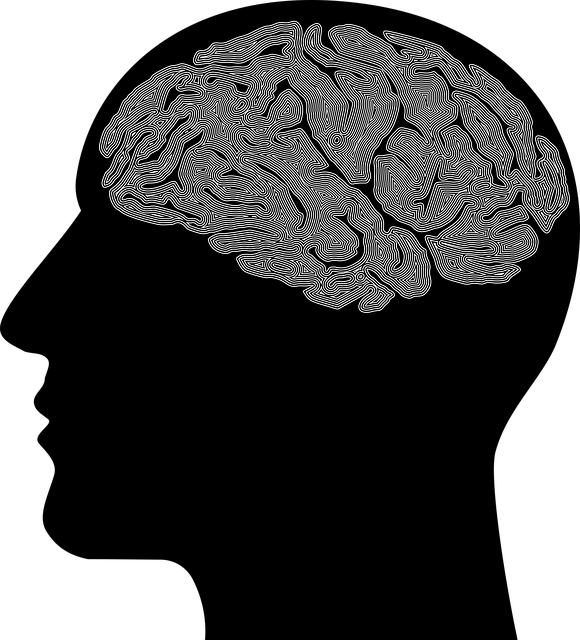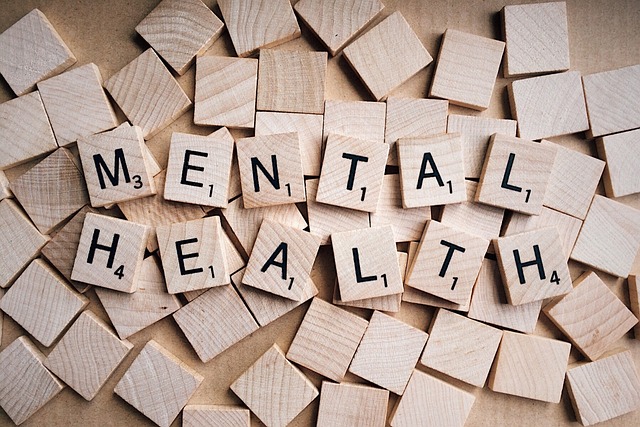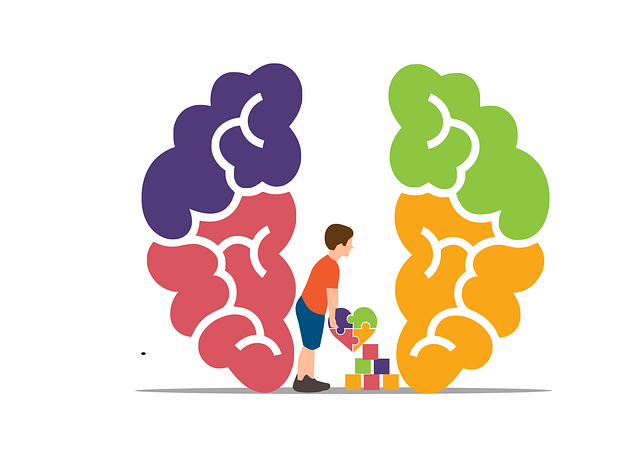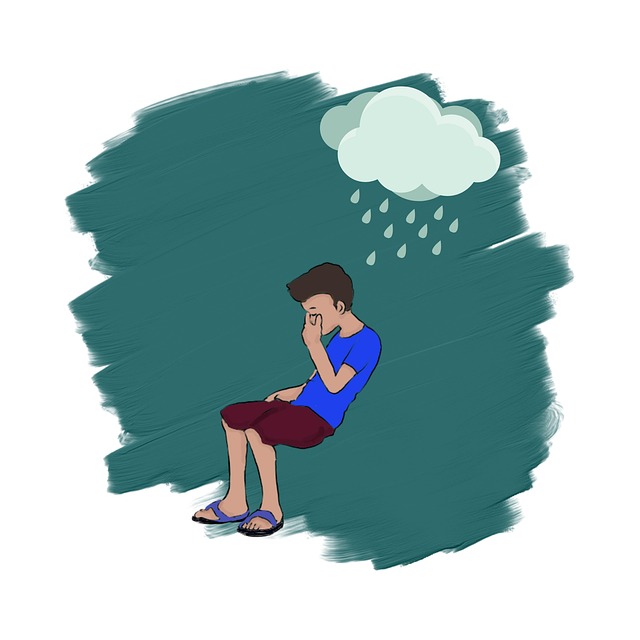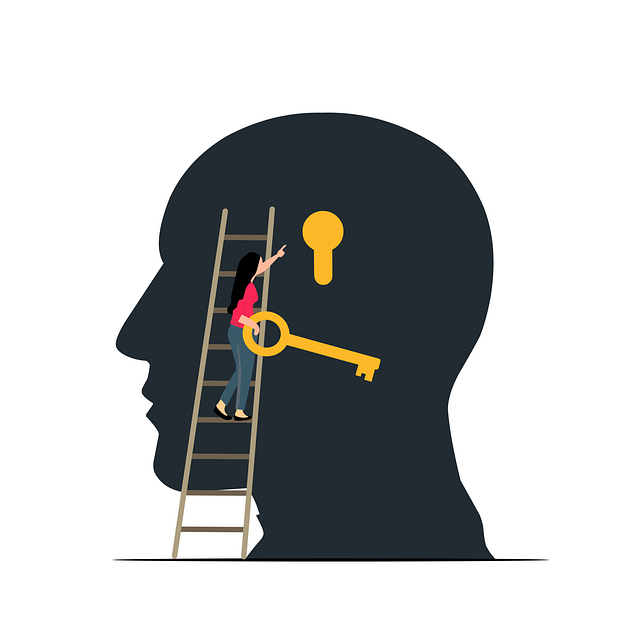In today's digital era, crisis hotline services like Lafayette Alcohol Abuse Therapy are vital safety nets for mental health struggles, offering immediate 24/7 support and guidance in a confidential, non-judgmental space. Trained professionals provide active listening, empathy, and coping strategies to reduce stigma and empower individuals with resilience against crises. Lafayette Alcohol Abuse Therapy centers offer specialized care for alcohol addiction through evidence-based treatments, individual counseling, group therapy, and holistic practices, enabling long-term recovery and rebuilding fulfilling lives. Hotline services connect individuals to local resources, fostering open conversations about mental health and educating a broader audience on various topics via podcasts. Community resources like peer groups and counseling centers support recovery, promote independence, and reduce stigma through cultural sensitivity.
In today’s fast-paced world, mental health crisis hotline support services play a pivotal role in saving lives. These 24/7 resources offer immediate assistance during times of distress, preventing escalation and promoting recovery. This article delves into the critical importance of crisis hotlines, focusing on Lafayette Alcohol Abuse Therapy as a leading example of specialized care for substance misuse. We explore access strategies, the crucial roles of volunteers and professionals, and long-term community resources that foster holistic recovery.
- Understanding the Importance of Crisis Hotline Services
- Lafayette Alcohol Abuse Therapy: A Focus on Substance Misuse
- How to Access Emergency Mental Health Support
- The Role of Trained Volunteers and Professionals
- Long-term Care and Community Resources for Recovery
Understanding the Importance of Crisis Hotline Services

In today’s fast-paced world, mental health crises can strike anyone, anytime. This is where crisis hotline services play a pivotal role in offering immediate support and guidance. These hotlines are not just numbers to call; they serve as lifelines for individuals grappling with various mental health challenges, including Lafayette Alcohol Abuse Therapy. By providing confidential and non-judgmental assistance, these services ensure that people can access the help they need without feeling stigmatized or alone.
The significance of crisis hotline support extends beyond immediate relief. They also contribute to broader efforts like Mental Illness Stigma Reduction and Self-Esteem Improvement by fostering open conversations about mental health. Through trained professionals who offer active listening and empathy, these hotlines encourage individuals to develop inner strength and build resilience against future crises. This proactive approach not only helps those in immediate distress but also empowers them to take charge of their mental well-being.
Lafayette Alcohol Abuse Therapy: A Focus on Substance Misuse

Lafayette Alcohol Abuse Therapy centers are dedicated to providing specialized support for individuals grappling with substance misuse disorders. These facilities offer a range of evidence-based treatments tailored to address the unique challenges associated with alcohol abuse. Through individual counseling, group therapy sessions, and comprehensive rehabilitation programs, clients gain the tools and resources necessary for long-term recovery.
Integrating mental wellness into the treatment process is a cornerstone of Lafayette Alcohol Abuse Therapy. By incorporating self-care practices and stress reduction methods, patients learn healthy coping mechanisms to manage their addiction and underlying emotional issues. This holistic approach empowers individuals to take charge of their lives, cultivate resilience, and embrace a brighter future free from substance dependence.
How to Access Emergency Mental Health Support

In times of acute mental health distress, immediate support is crucial. The first step towards relief is recognizing the need for help and knowing where to turn. For those in or around Lafayette, Louisiana, various resources are readily available. One effective approach is reaching out to dedicated hotline services that offer confidential counseling and guidance 24/7. These hotlines provide a safe space for individuals to express their feelings and receive professional assessment.
The process of accessing emergency mental health support involves calling the hotline number, which connects you to trained counselors equipped to handle various crises. They can offer immediate assistance, provide coping strategies, and direct you towards local resources like Lafayette Alcohol Abuse Therapy or community outreach programs focused on promoting emotional intelligence and self-care routine development for better mental health.
The Role of Trained Volunteers and Professionals

In many mental health crisis hotline support services, a significant role is played by trained volunteers and professionals who are equipped to handle a wide range of issues. These individuals undergo rigorous training in active listening, crisis intervention techniques, and self-awareness exercises. They are often the first point of contact for individuals in distress, providing immediate support and guidance. Volunteers are particularly valuable for their empathy and ability to connect with callers on a personal level, creating a safe space for expression.
Professionals, such as psychologists and psychiatrists, also contribute by offering more specialized care, especially for complex cases. They conduct thorough risk assessments for mental health professionals using evidence-based methods to ensure the safety of both the caller and the hotline staff. Additionally, some services incorporate innovative initiatives like a mental wellness podcast series production to reach a broader audience and promote awareness about various aspects of mental health and treatment options, such as Lafayette Alcohol Abuse Therapy.
Long-term Care and Community Resources for Recovery

In addition to short-term crisis intervention, long-term care and community resources play a vital role in supporting individuals on their journey to recovery from mental health crises. These services are designed to empower individuals with coping strategies, build resilience, and foster independence. For instance, Lafayette Alcohol Abuse Therapy offers specialized programs tailored to address alcohol dependence, integrating evidence-based treatments with holistic approaches to promote lasting sobriety.
Community resources further enhance recovery by providing a network of support, including peer groups, counseling centers, and social services. Encouraging the development of a self-care routine can significantly contribute to better mental health outcomes, while simultaneously reducing the stigma surrounding mental illness through cultural sensitivity in mental healthcare practice. This inclusive approach ensures that diverse communities are reached and supported, fostering an environment where individuals feel empowered to seek help without fear of judgment.
In conclusion, mental health crisis hotline support services play a vital role in empowering individuals facing substance misuse issues, like those seeking Lafayette Alcohol Abuse Therapy. From understanding the importance of these hotlines to leveraging trained volunteers and professionals, long-term care, and community resources, these services offer a comprehensive network for recovery. By promptly accessing emergency mental health support, folks can navigate their challenges more effectively, ultimately fostering a healthier and more resilient community.
